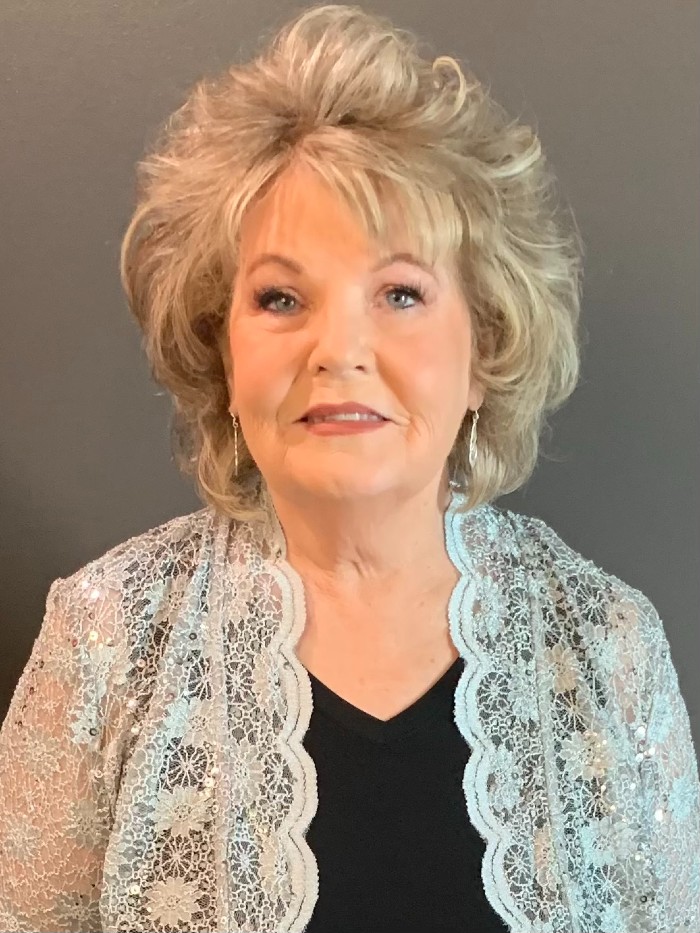
“I am very active and have remained fairly healthy, despite a family history of heart trouble,” she said. “At the beginning of 2022, I noticed my blood pressure was higher, even though I was on blood pressure medication.”
Two months later, she experienced “debilitating” vertigo that she was able to resolve with exercises but soon realized she remained weak and wasn’t breathing well. Her blood pressure remained higher than normal, too. A long-time asthmatic, Cordell thought it might be her asthma acting up. Her allergist assured her that her asthma continued to be controlled by her regimen of biweekly shots.
Determined to get answers about her health and remembering a situation the year before in which she had to speak with a cardiologist about one of her clients, she reached out to that doctor, Razvan Dadu, MD, an interventional and structural cardiologist with Memorial Hermann Medical Group.
“I remembered him being so kind and patient in that situation, so I wanted to see him,” she said. “In May, he started testing me right away to get to the bottom of my breathing problem and high blood pressure.”
By June, following a transesophageal echocardiogram, in which an ultrasound probe is deployed down the throat to get a closer look at the heart, Dr. Dadu confirmed what he had suspected – Cordell was suffering from mitral valve regurgitation.
“Her mitral valve was diseased, causing one of the leaflets of the valve not to close completely,” Dr. Dadu said. “Blood was flowing backward through the valve, or ‘regurgitating,’ which meant the full amount of oxygenated blood wasn’t getting to her body, and instead was backing up in the lungs, causing shortness of breath.”
As a result, she had to breathe more frequently to compensate for her lack of oxygen.
Dr. Dadu, who meets regularly with a multidisciplinary team of Memorial Hermann-affiliated physicians to discuss patient cases, suggested Cordell consult with cardiothoracic and vascular surgeon Danny Ramzy, MD, chief of surgery at McGovern Medical School at UTHealth Houston and the medical director and surgical director for the Heart & Vascular Institute at Memorial Hermann Memorial City Medical Center, about undergoing robotic heart surgery to repair the leaking valve. Cordell also met with Dr. Ramzy’s team, who helped her make an informed decision about the best course of treatment.
“I didn’t want to have surgery because I wanted to get back on my feet quickly,” Cordell said. “Recovery from the surgery, while relatively short, was too much time for me. I knew the MitraClip™ procedure that Dr. Dadu performs would return me to my work more quickly.”
“With the MitraClip procedure, we insert a catheter into a vein in the groin and thread the device through that catheter to the mitral valve,” Dr. Dadu explained. “We then clip the device onto each leaflet of the valve to pull them closer to each other, so they close completely when the heart contracts to push blood out.”
Dr. Dadu, who has performed hundreds of mitral valve repairs with MitraClip over the past five years, says the minimally invasive procedure, which is performed under anesthesia in the cardiac catheterization lab at Memorial Hermann Memorial City, takes about an hour to complete, leaving only a small puncture in the groin. Patients usually spend one night in the hospital and then go home with a lifting restriction of no more than 10 pounds for the first week after the procedure to allow the groin wound to heal.
Cordell recalls, “I couldn’t believe how good I felt after the procedure”.
Just five days after, she was again helping her clients with their errands. “When you’re 75, you don’t bounce back like you used to,” she said, laughing. But she did “bounce back” and has Dr. Dadu to thank. “I wanted to feel good and remain functioning, and I did.”
Contact Us
Please fill out the fields below and we will contact you, or call (713) 222-2273 for more information.